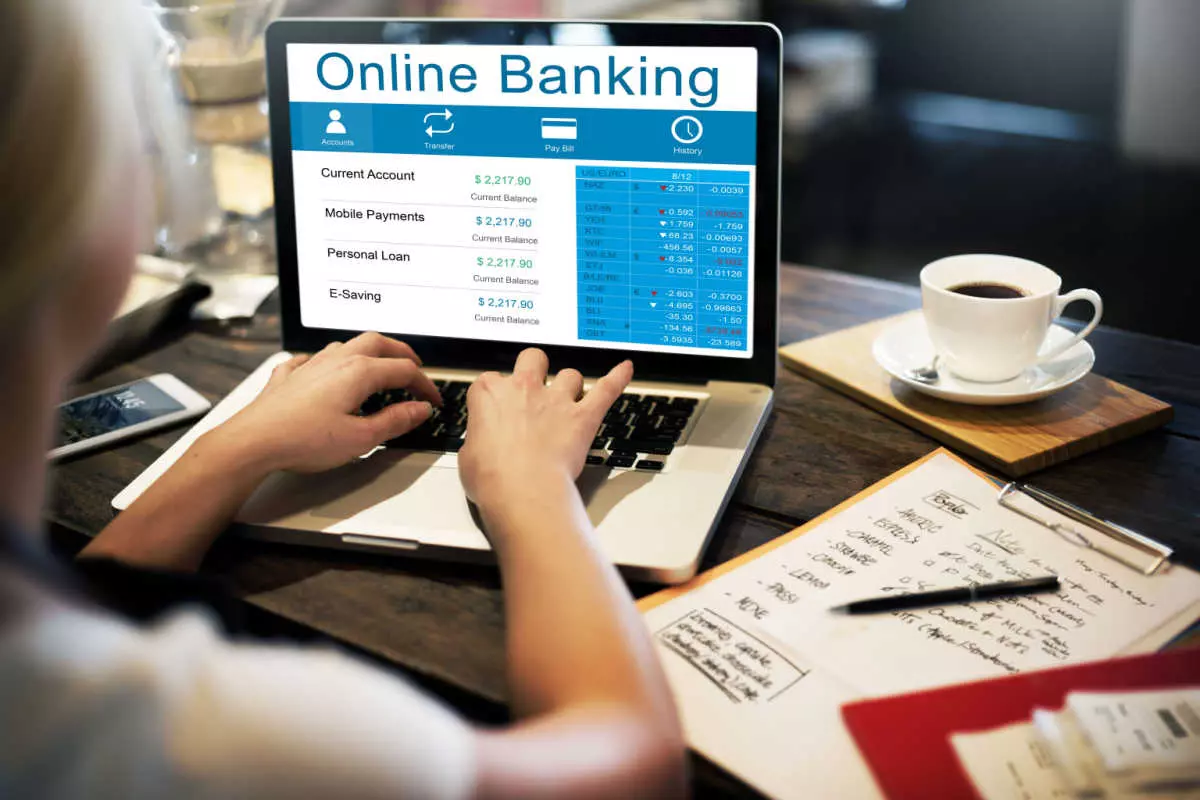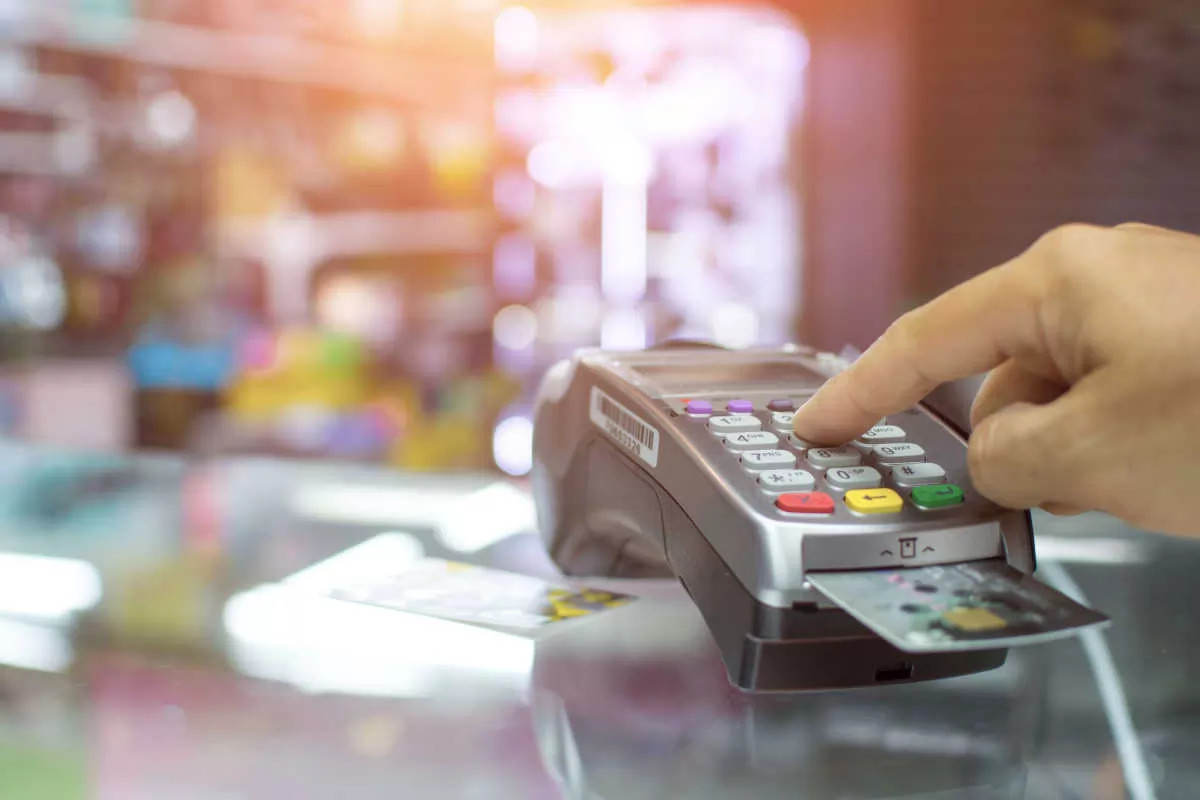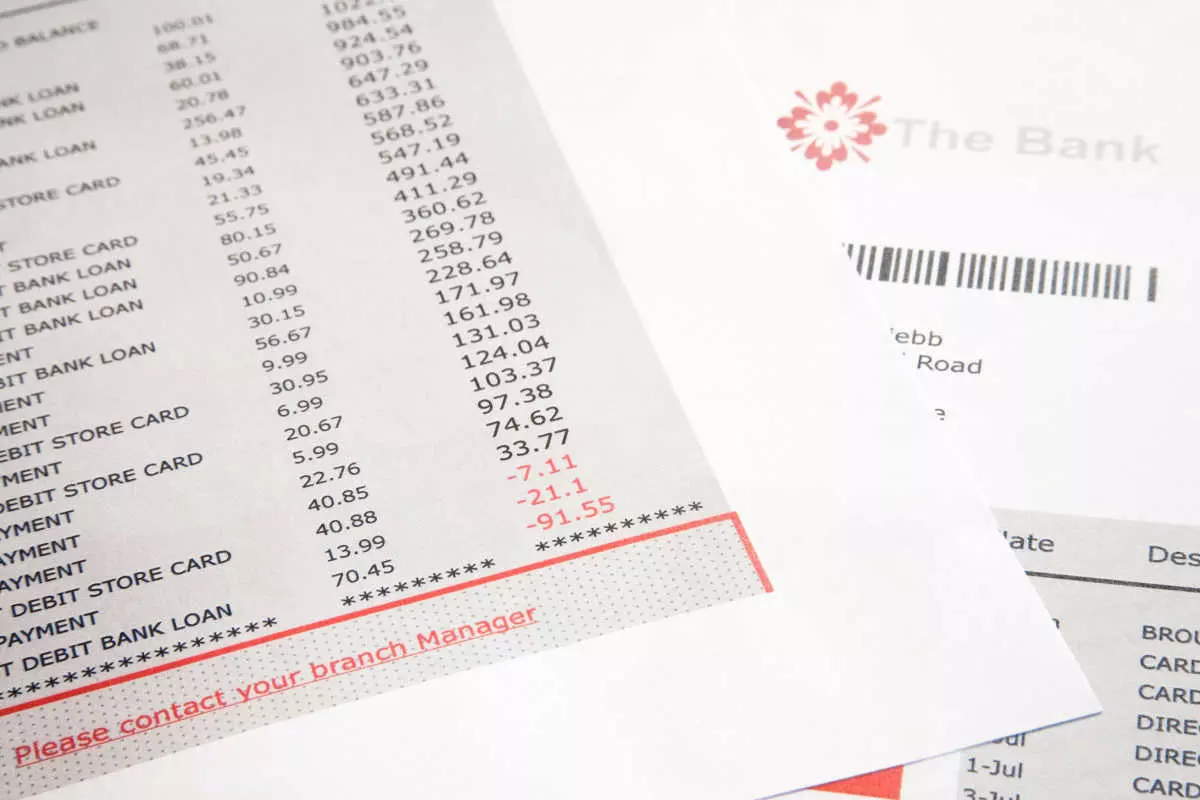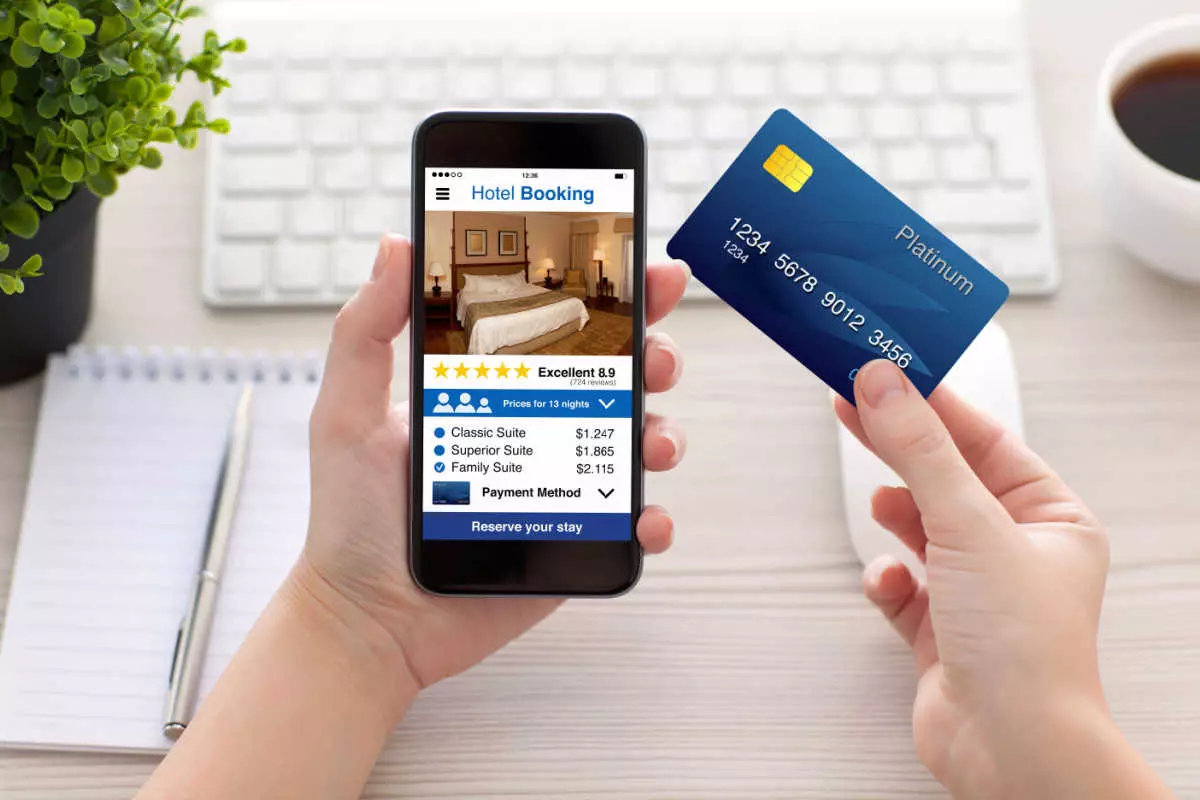5 Surprising Pros and Cons of Debit Cards Everyone Should Know
Using a debit card has become a standard method of making payments. It can be used for almost anything, like purchasing items at a retail store, paying bills, or shopping online. While a debit card operates similarly to a credit card, it has some important distinctions.
For instance, the most notable difference is that your purchase funds are taken from your checking account in real time when using a debit card. Whereas with a credit card, the amount is charged to your line of credit. This means you will pay the amount later in full or in smaller installments. If you’re considering getting one, consider weighing the pros and cons of debit cards to understand whether it is right for you.
What Is a Debit Card?
A debit card can be used to pay for virtually anything from utility bills to dinner and drinks or retail therapy. Upon payment, money is deducted directly from the cardholder’s checking account. Debit cards eliminate the need to carry cash to make purchases.
You can also use your debit card at ATMs to withdraw cash. However, you may be charged an ATM transaction fee for cash withdrawal from an ATM not affiliated with your debit card issuer.
How Debit Cards Work
As mentioned earlier, a debit card is linked to the user’s bank or credit union checking account. Using your card to withdraw cash or make a payment draws the funds immediately from your account. This means that your spending is limited to the funds that are currently available in your account.
However, all banks impose daily limits on the amount cardholders can withdraw or spend using their debit cards.
Advantages of Using Debit Cards
Debit cards are one of the most popular financial products available to consumers. Here are the top five advantages of using them:
Debt Prevention
With a credit card, you’re only allowed to spend according to the amount available in your account. In other words, debit card charges are approved only when there are sufficient funds in your account to cover your purchase. Conversely, your debit card transaction will be declined if you do not have enough funds for a purchase.

Since you can only spend the current available balance, a debit card may be a good option for individuals who want to budget more wisely. After creating a monthly spending plan, you can allocate the necessary funds to your debit card account. Then, you can set up automatic payments for bills, rent, and car payments. Finally, the remaining funds can go into a separate savings account.
You can also open multiple accounts with multiple debit cards. For instance, you could use one for necessities like groceries and bills. The other account could be for non-necessities like nights out, vacations, and retail purchases. This can further ensure that your finances are separate to avoid overspending and debt.
Added Fees
Compared to credit cards, debit cards come with minimal maintenance fees. Additionally, many banks may let you waive the fee if you maintain a minimum daily balance or direct deposit a certain amount. Conversely, credit cards come with annual fees that can cost hundreds of dollars. Additionally, the average interest rate for credit cards ranges in the double digits, around 15% to 40%.
Convenience
Using a debit card is convenient:
- You don’t have to carry cash with you at all times.
- You can make purchases using a contactless terminal, which results in faster transactions.
- Transactions you make using your credit card reflect on your account immediately. So you don’t have to deal with overwhelming bills at the beginning of the next billing cycle.
- You will know how much money you have available to spend at any given time.
More Secure
While issuing a debit card, the bank or credit union provides cardholders with a personal identification number, also known as a PIN code. So, when using a debit card for ATM withdrawals and purchases, you need to enter your PIN code on a keypad to verify that you are the card’s true owner. This can stop dishonest people from using it to get your money.

Remember that your PIN code should remain confidential and not be shared with anyone. Also, do not keep it in your wallet or on your card.
Easy to Acquire with No Credit Check
Debit cards are often easier to acquire than credit cards. For example, a person with minimal or poor credit history may experience difficulties obtaining a credit card because financial institutions require a well-established credit history and a high credit score. Nonetheless, a credit check is often not required to check your eligibility when applying for a debit card. Instead, you can get a debit card linked to your savings or checking account through a simple application process.
Disadvantages of Using Debit Cards
While debit cards have their advantages, there are also some disadvantages of debit cards that cardholders need to be mindful of. Here are the top five disadvantages of using debit cards:
Spending Limits
When using a debit card, you cannot spend more than what you have in your checking account. This can also be a drawback if you are faced with unexpected expenses such as car repairs. So, in such cases, credit cards have the flexibility to help you cover large costs. However, with a debit card, you can only afford those charges if there are enough funds in your bank account.
Overdraft Fees
If you spend more than what is available in your checking account, you could be hit with costly overdraft fees or insufficient funds charges. The average overdraft fee costs $35 per transaction, whereas a non-sufficient funds fee costs around $25.

One option to prevent over-drafting is to sign up for overdraft protection through your bank. Other options are monitoring your expenses and keeping track of purchases and statements.
No Positive Impact on Credit Score
With a credit card, you can build up your credit score by making timely payments on your credit card bills. However, unlike credit cards, using a debit card can’t help build a positive credit history. A good credit score can improve your chances of qualifying for lower interest rates and fees when applying for loans, mortgages, and credit cards.
Requires a PIN
PIN codes offer security to the electronic transaction process. However, it could become a hassle to prove your identity and recover the pin if you forget it. You may also have to wait for a couple of days until the bank has issued a new card. For example, your PIN is required for ATM withdrawals and charged purchases. If you don’t remember your pin, your card becomes unusable.
Moreover, depending on your financial institution, the recovery process for your PIN may take days. However, nowadays, almost all banks are issuing contactless cards that work using radio frequency identification technology that sends signals to a card reader. Contactless cards are among the safest forms of payment as they create a one-time code for each transaction, which is incredibly difficult to duplicate.
No Reward Points
Almost all credit card companies offer reward programs for using their cards. Rewards include air travel miles, points, cashback, discounts, introductory rate periods, and gift cards. However, it isn’t as common for debit card companies to offer reward programs. Or if they do, it isn’t much compared to credit card reward programs.

For example, financial institutions like Bank of America, Axos, and American Express let their clients earn rewards on their debit card spending and receive a percentage of the purchase through cash back, points, or miles.
Conclusion
After weighing the advantages and disadvantages of credit cards, it is hard to argue that having one is almost necessary. From withdrawing cash to paying bills, a debit card can help you pay for your daily expenses hassle-free.
In addition, carrying a debit card is a great option to avoid overspending and debt while keeping fees at a minimum. To keep costs even lower, consider avoiding withdrawals from non-affiliated ATMs and keeping track of your spending to avoid overdraft fees.